AP Psychology Unit 1 (Psychology's History and Approaches)
1/41
There's no tags or description
Looks like no tags are added yet.
Name | Mastery | Learn | Test | Matching | Spaced |
|---|
No study sessions yet.
42 Terms
Socrates
Ancient Greek philosopher, who along with his student Plato, concluded the mind is separable from the body(continues after the body dies) and that knowledge is innate. Derived these principles from logic.
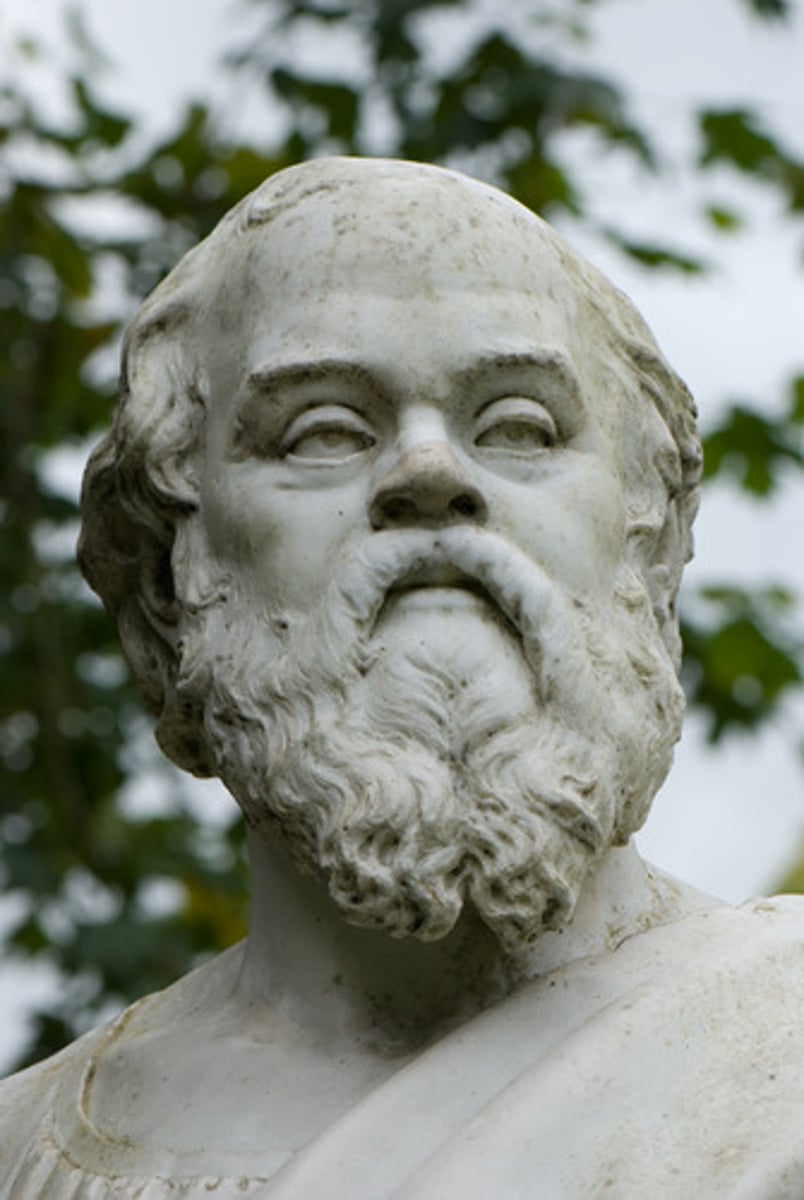
Aristotle
Student of Plato, disagreed with Plato and Socrates, he believed that knowledge was NOT innate and instead grows from experience.
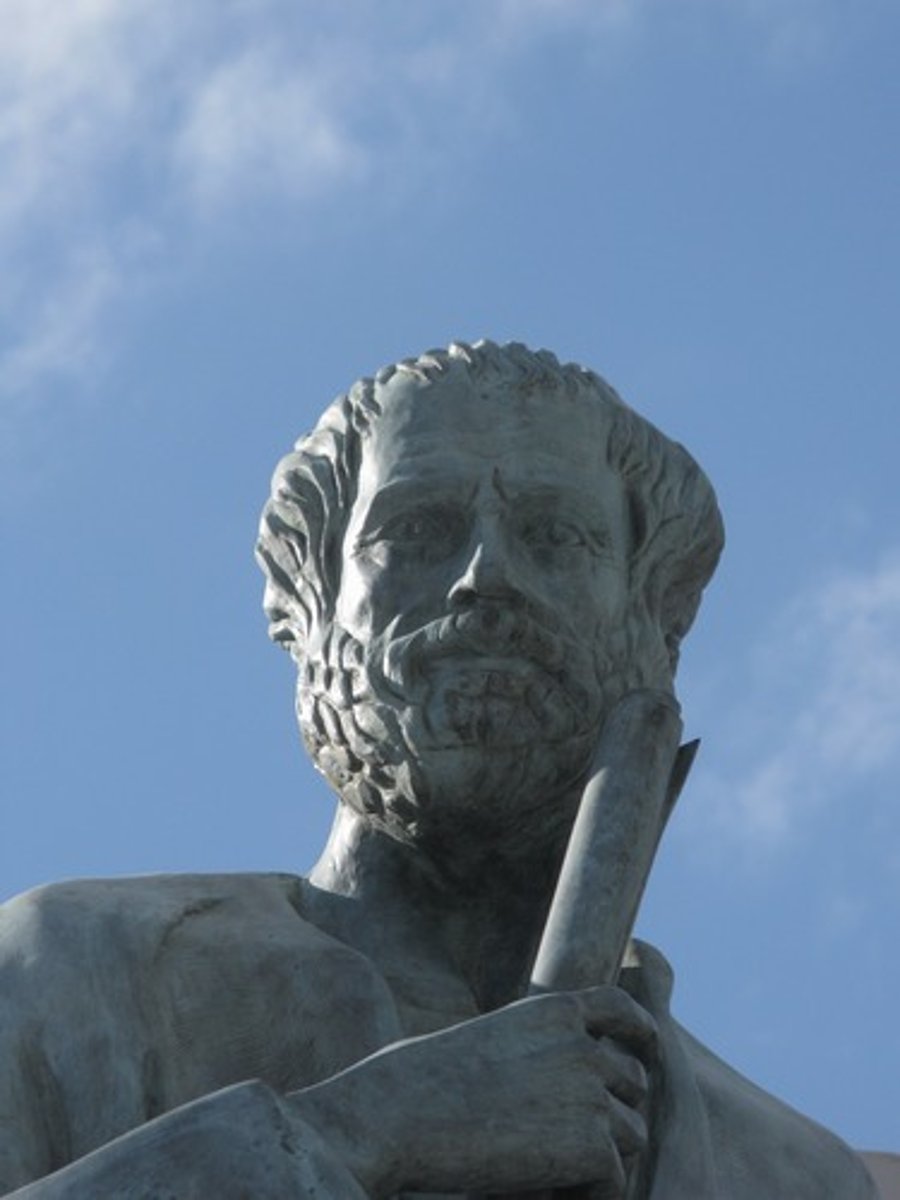
Rene Descartes
French mathematician who believed that knowledge was innate (like Socrates and Plato), wrote the "Treatise of Man"
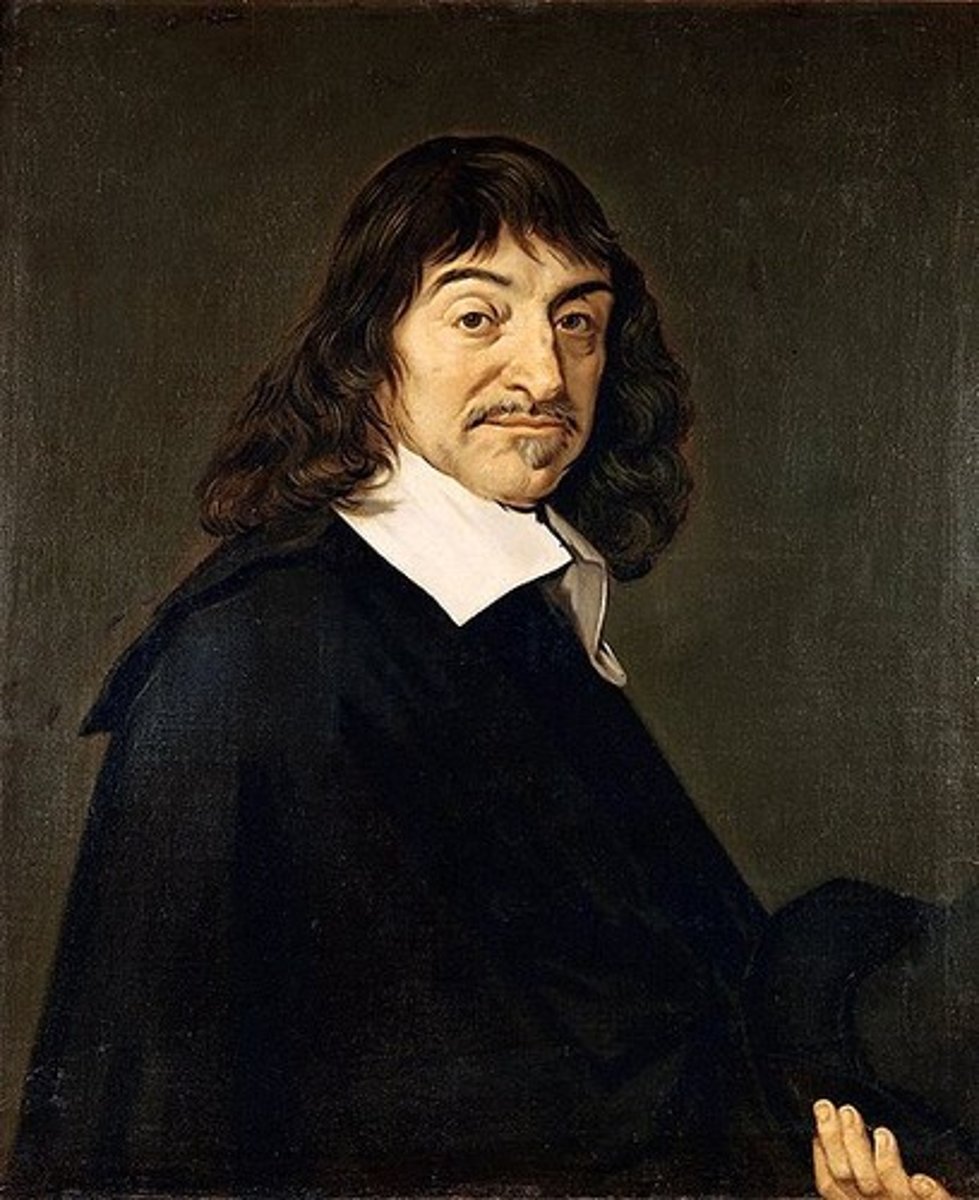
Francis Bacon
Englishman and one of the founders of Modern Science. Supposed that the Human Mind attempts to find greater order in things(Novus Organuum). Influenced John Locke
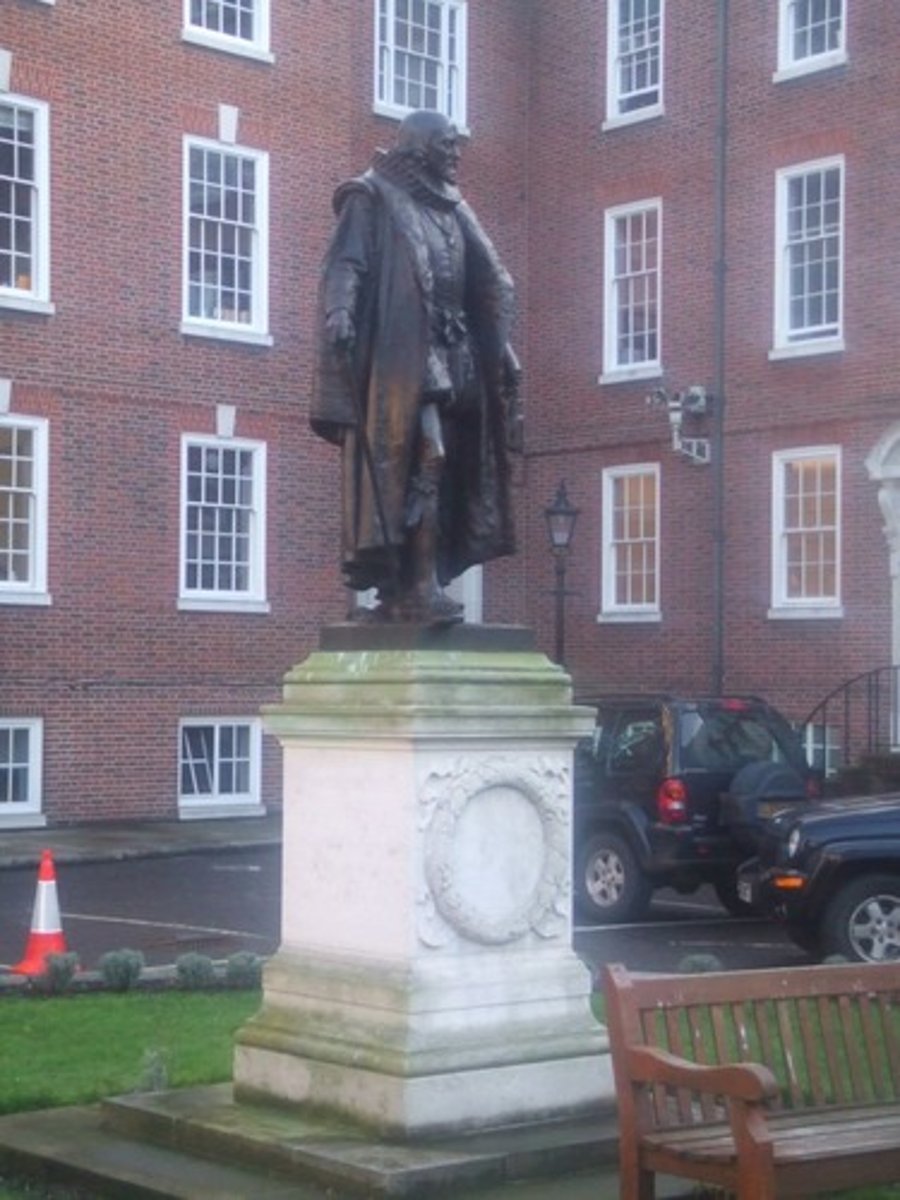
John Locke
British political philosopher. Wrote "An essay concerning Human Understanding" which argued that the mind at birth is a "tabula rasa" or blank state, therefore there are no innate ideas. Establishes Empericism
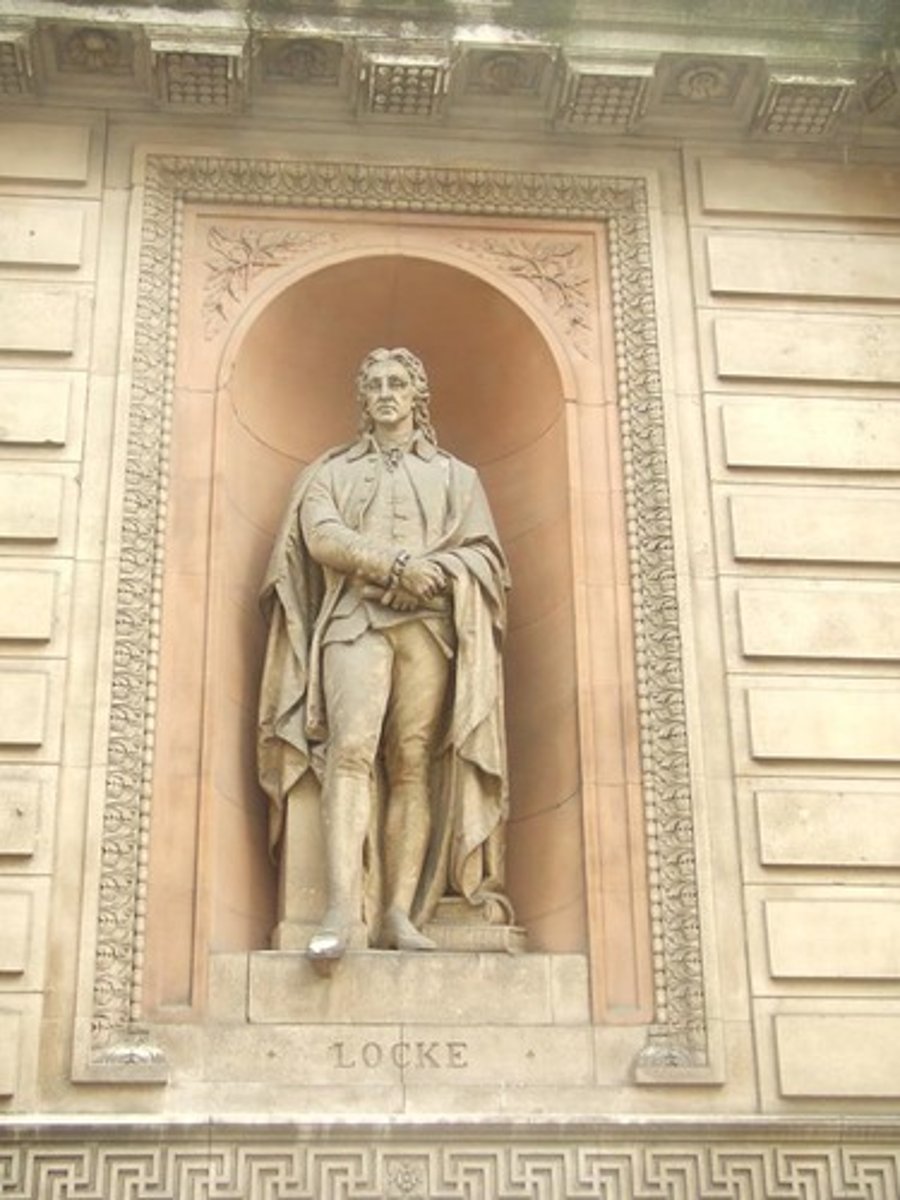
The Animal Mind
Margaret F. Washburn, a student of Titchener, published ___ _______ _____, a book on animal behavior, in 1908
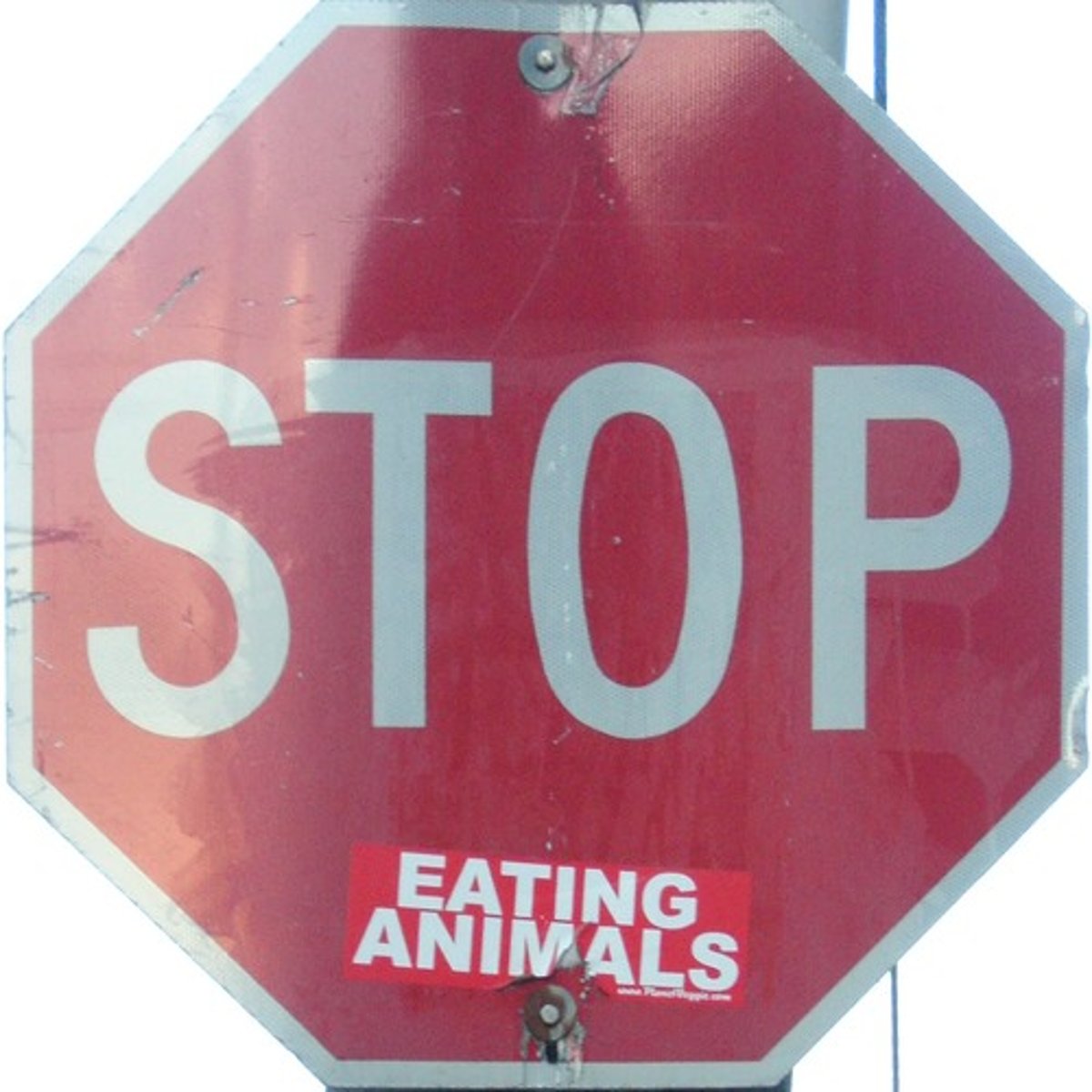
Social Psychologists
Psychologists who study how people influence one another's behavior and mental processes, individually and in groups
tabula rasa
John Locke's concept of the mind as a blank sheet ultimately bombarded by sense impressions that, aided by human reasoning, formulate ideas.

Empiricism
The belief that experience creates knowledge, and that science should rely on observation and experimentation. Founded by John Locke.
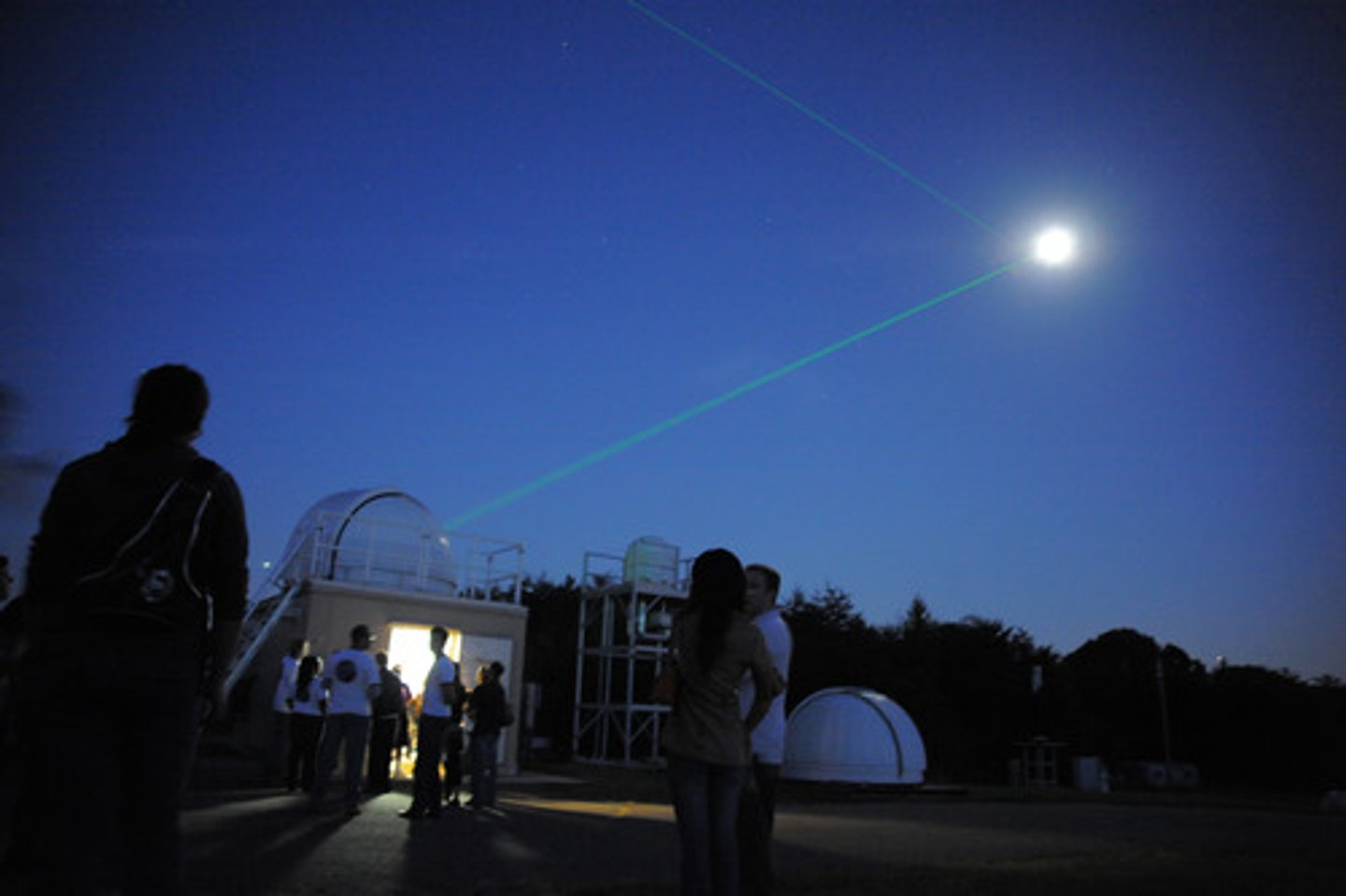
Ivan Pavlov
Russian physiologist who observed conditioned salivary responses in dogs (1849-1936), or classical conditioning.
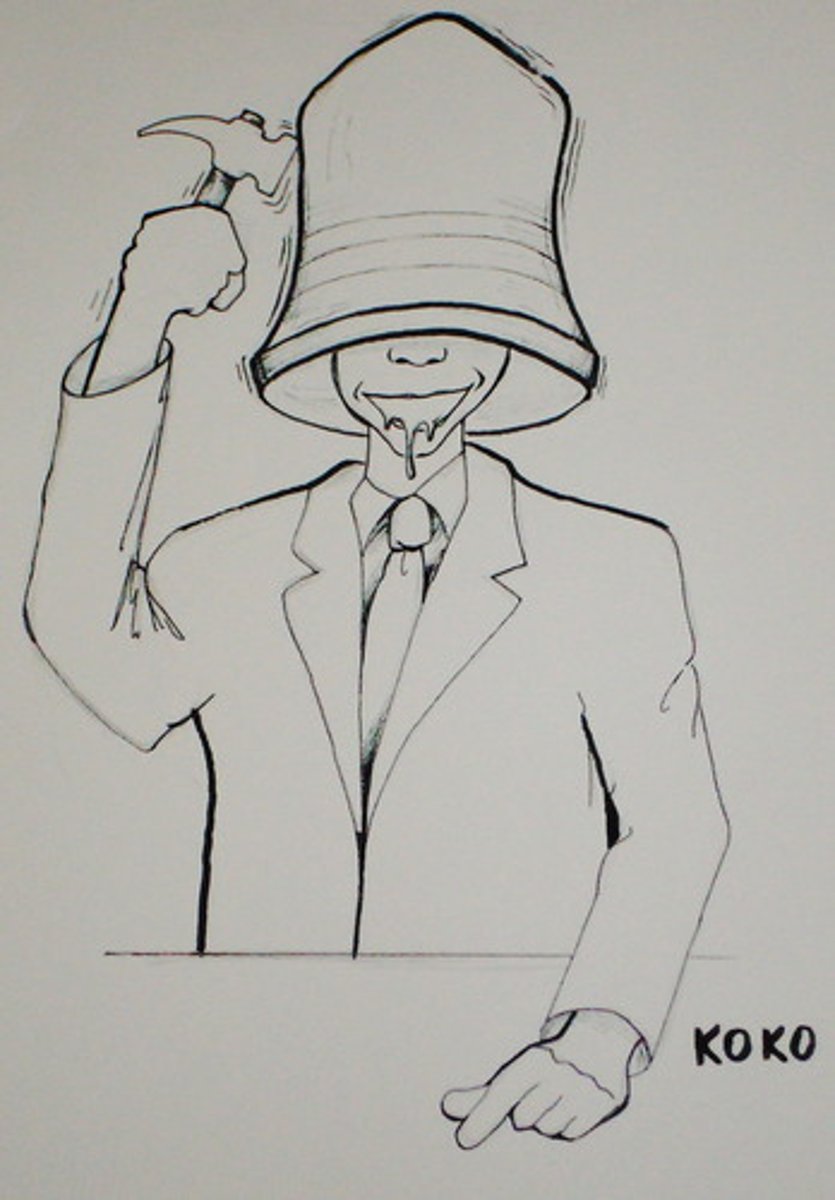
Wilhelm Wundt
German professor who established the 1st psychology laboratory at the University of Leipzig in 1879, therefore starting the scientific aspect of modern psychology.
Edward B. Titchener
Student of Wilhelm Wundt, he started the psychological school of structuralism (now deceased) which focused on introspection
structuralism
An early school of psychology(earliest) that used introspection to explore the elemental structure of the human mind, started by Edward B. Titchener.
introspection
A method of self-observation in which participants report their thoughts and feelings, used in Titchener's structuralist school of psychology. (As you can imagine, this seems kinda unreliable).
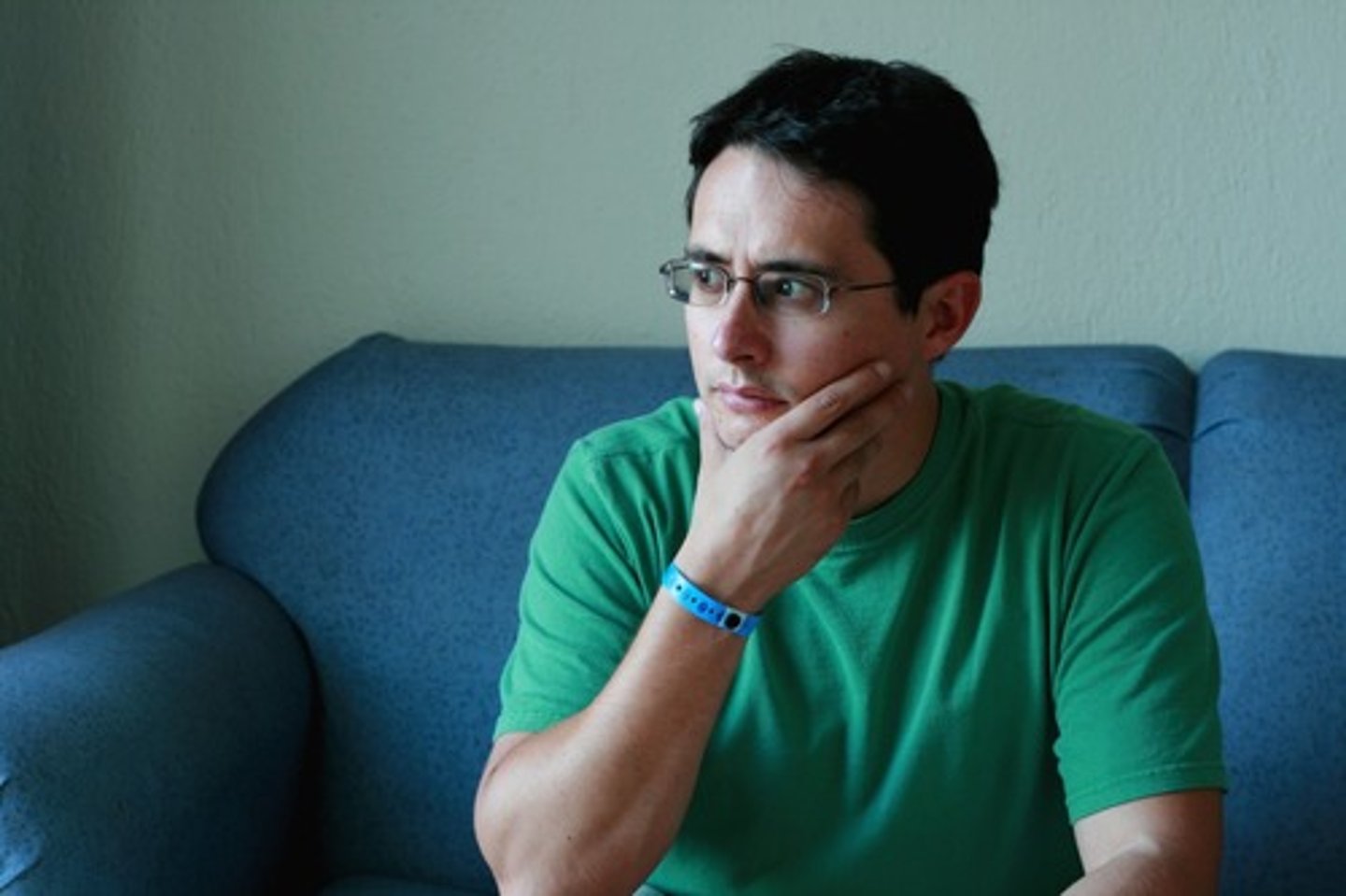
Functionalism
A school of psychology that focused on how mental and behavioral processes function(from an evolutionary basis) - how they enable the organism to adapt, survive, and flourish. Founded by the great William James
William James
The ounder of functionalism he studied how humans use perception to function in our environment; Also wrote first psychology textbook - The Principles of Psychology, was the teacher of Mary Calkins.
Mary Calkins
American psychologist who conducted research on memory, personality, and dreams; first woman president of the American Psychological Association, student of William James, never got PhD because of feminist bias.
Margaret Floy Washburn
The first woman to receive a psychology Ph.D; synthesized animal behavior research in "The Animal Mind",
Experimental Psychology
The study of behavior and thinking using experimental method
Behaviorism
View that psychology ,should be an objective science that studies behavior without reference to mental processes. Think (B.F. Skinner and Watson)
Humanistic Psychology
Ahistorically significant perspective that emphasized the growth potential of healthy people and the individual's potential for personal growth(self actualization).
Cognitive Neuroscience
The interdisciplinary study of the brain activity linked with cognition (includies perception, thinking, memory, and language), (Or in other words its name)
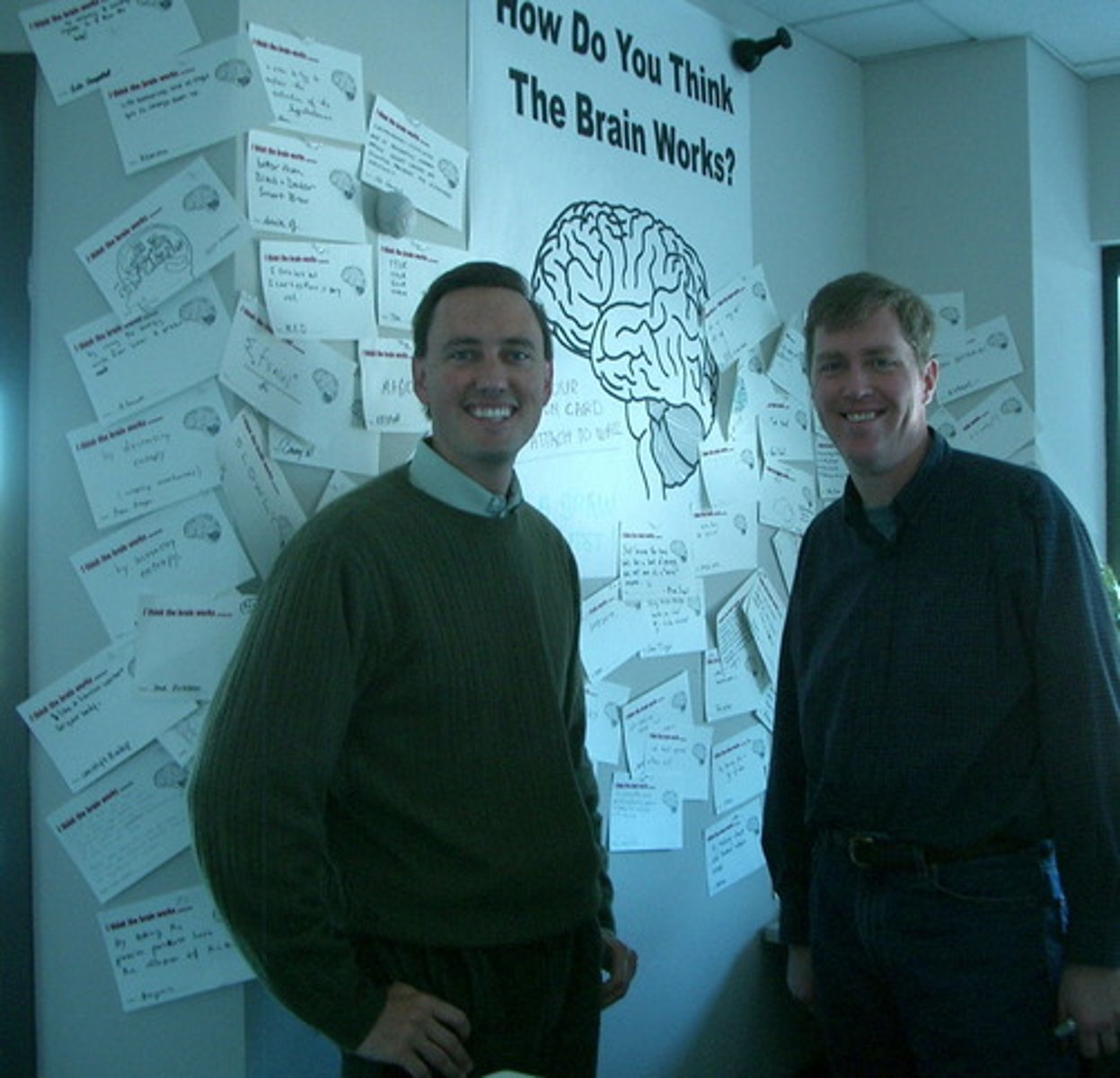
Psychology
The scientific study of behavior and mental processes.
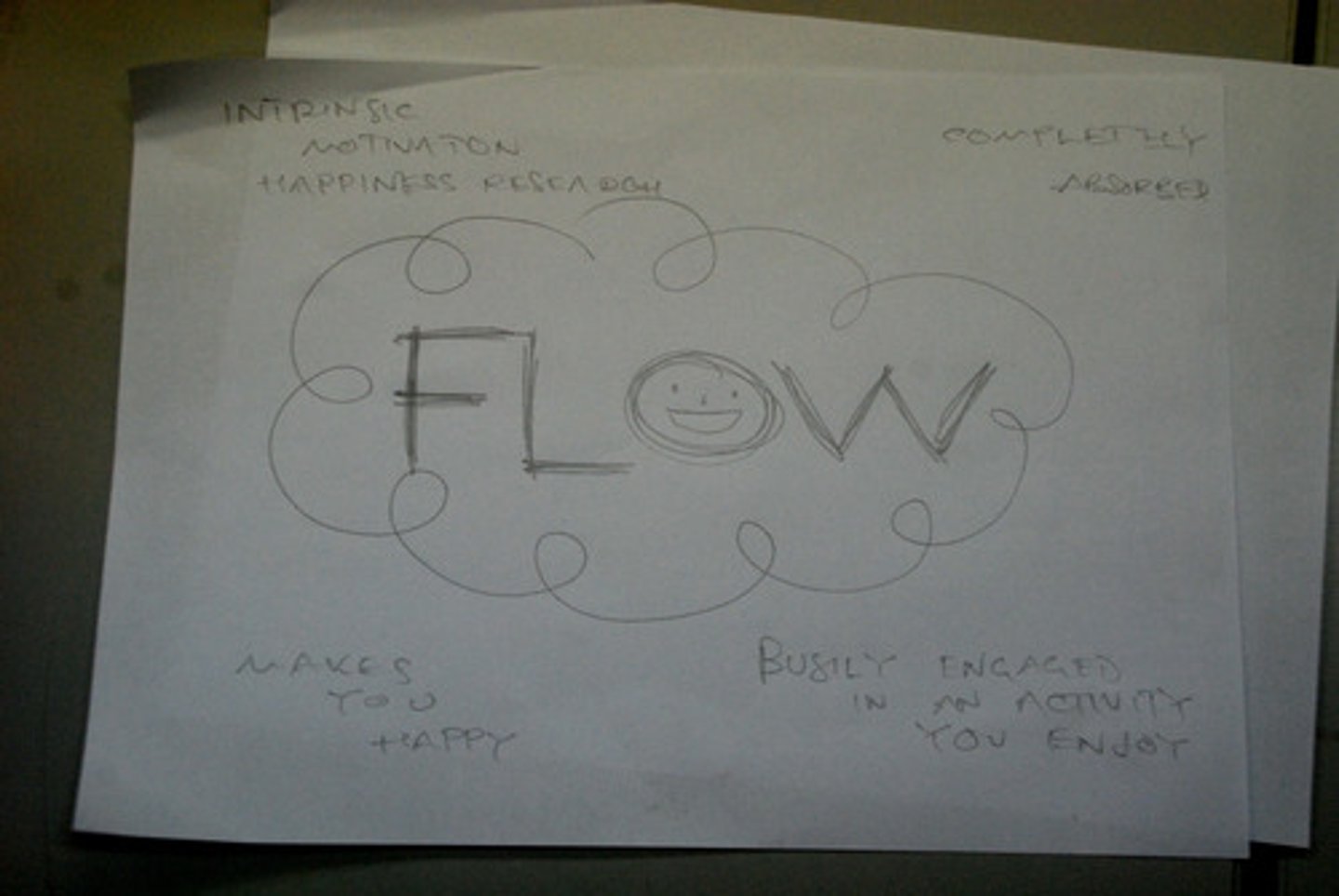
Carl Rogers
A humanist who revolutionized therapy with his book, Client-Centered Therapy in 1951; furthered humanistic theory.
Abraham Maslow
Humanistic psychologist who proposed the hierarchy of needs, with self-actualization as the ultimate psychological need

John. B Watson
American psychologist who founded behaviorism, emphasizing the study of observable behavior and completely rejecting the study of mental processes
B.F. Skinner
The pioneer of operant conditioning - believed everything we do is determined by our past history of reinforcements and punishments.
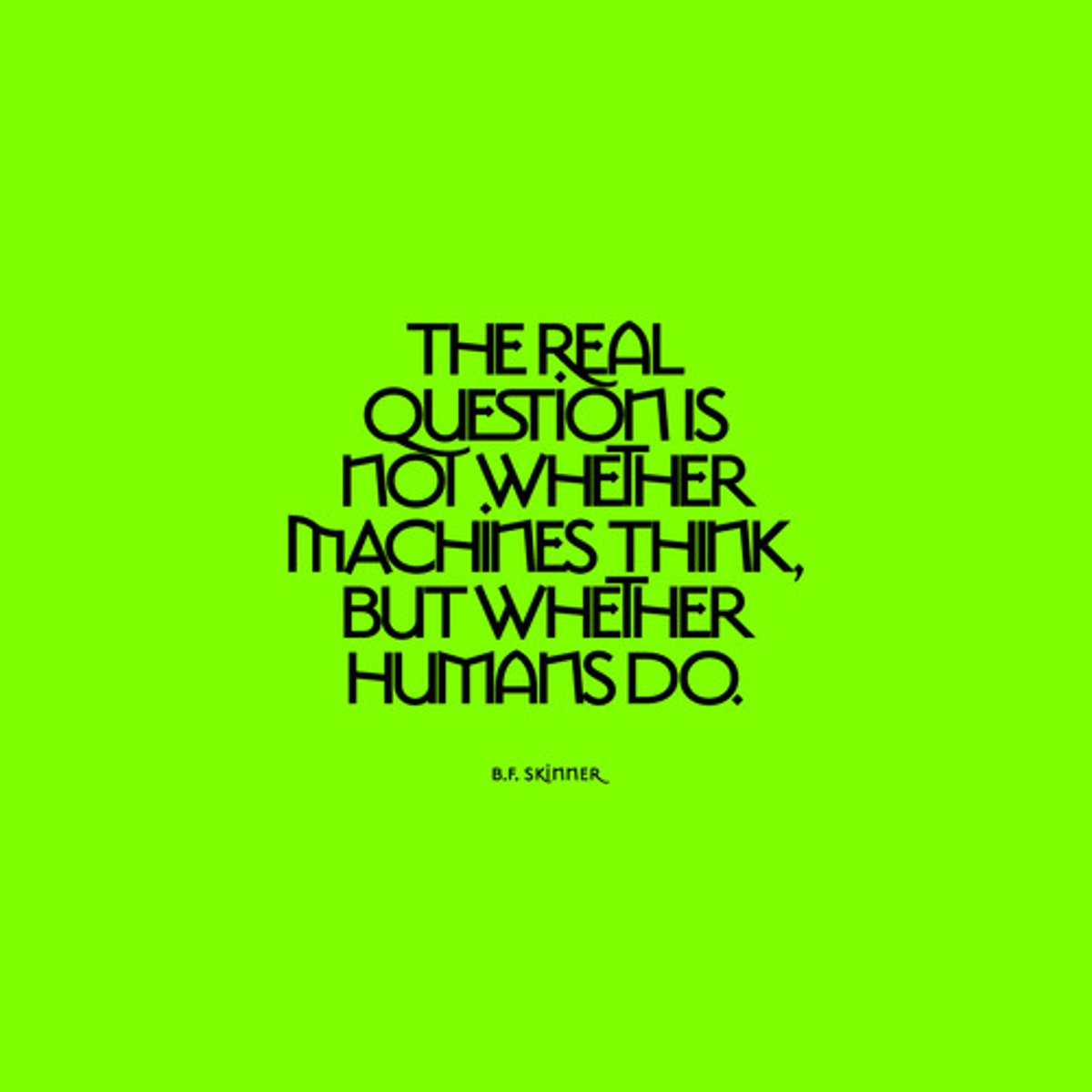
Jean Paiget
Studied children to learn the development of the human mind.
Cognitive Revolution
The shift away from strict behaviorism, characterized by renewed interest in fundamental problems of consciousness and internal mental processes. Started sometime in the 1960's.
Nature-Nurture Issue
A longstanding controversy in psychology over the relative contributions that genes and experience make to the development of psychological traits and behaviors. Today's science sees traits and behaviors arising from the interaction of both.
Natural Selection
The process by which individuals that are better adapted to their environment are more likely to survive and reproduce than other members of the same species.

Levels of Analysis
The differing complementary views, from biological to psychological to social-cultural, for analyzing any given phenomenon.
Psychometrics
The scientific study of the measurement of human abilities, attitudes, and traits, (Probably used by Employers).
Basic Research
Pure science that aims to increase the scientific knowledge base.
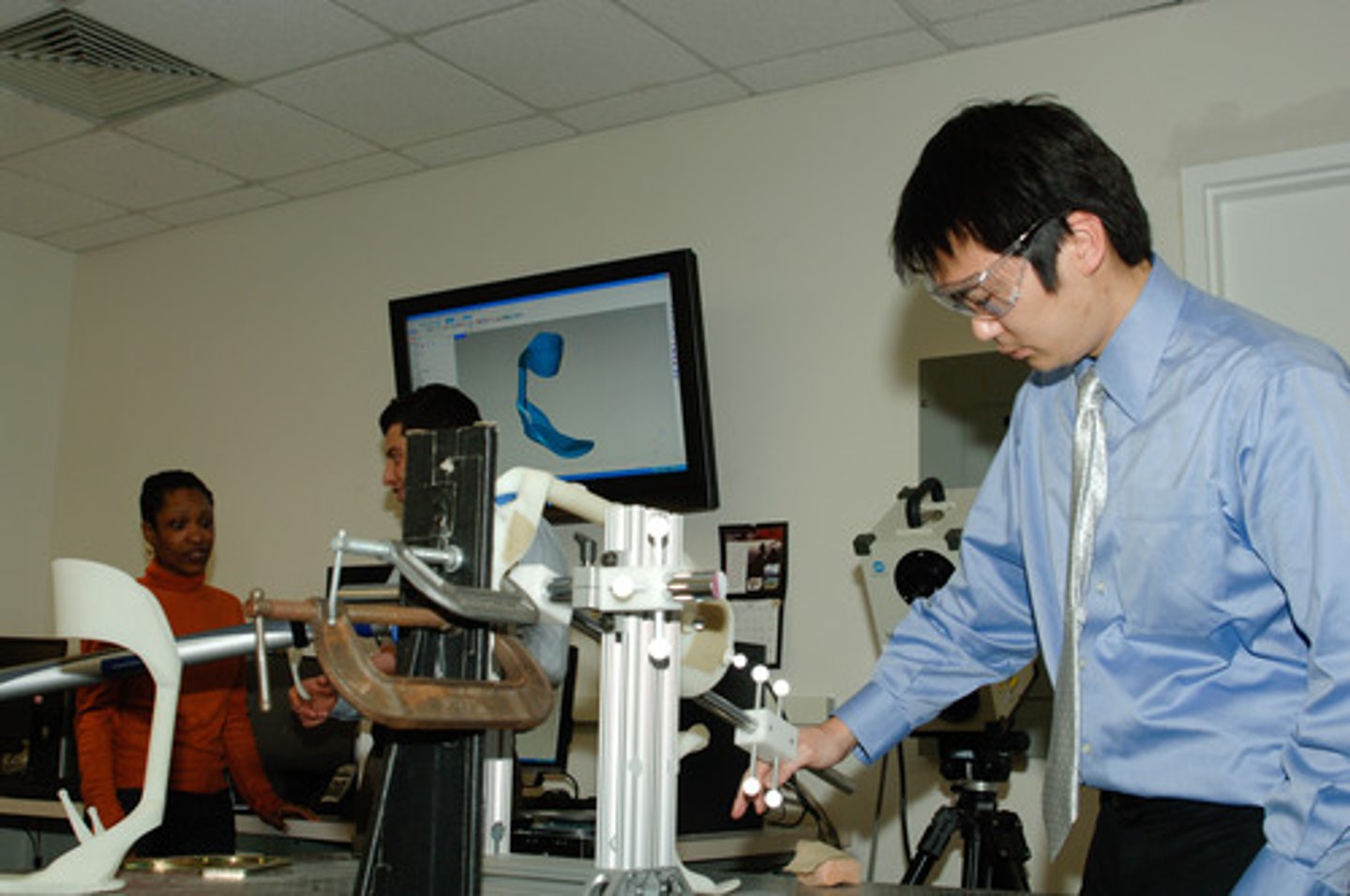
Applied Research
Research undertaken to solve a specific problem, like pollution, drunk driving smoking, etc.
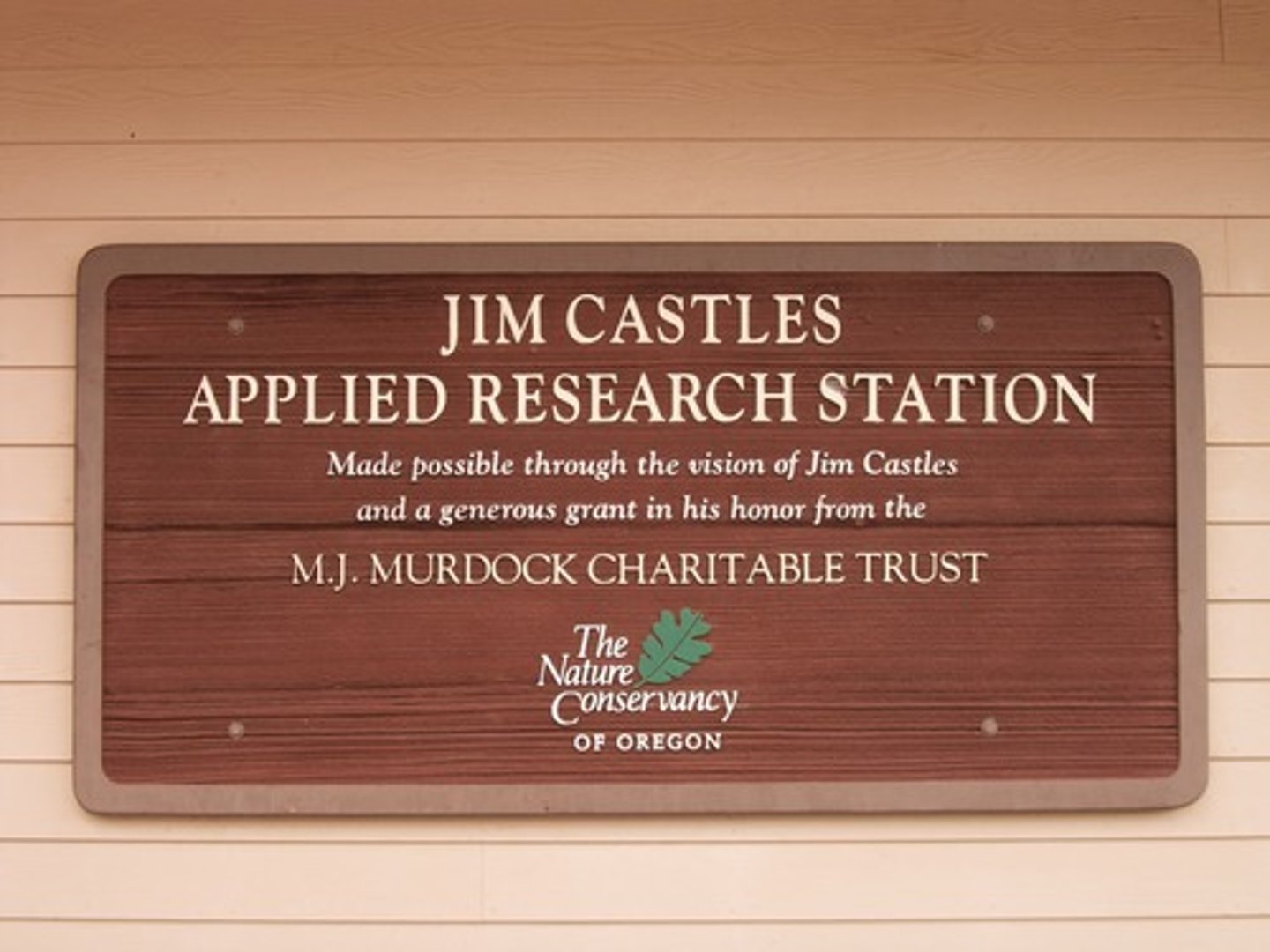
Personality Psychologists
Psychologists who study the characteristics that make individuals similar to, or different from, one another
Developmental Psychologist
A psychologist who studies the emotional, cognitive, biological, personal, and social changes that occur as an individual matures(from birth to death).
Educational Psychologists
Psychologists who study methods by which instructors teach and students learn and who apply their results to improving such methods
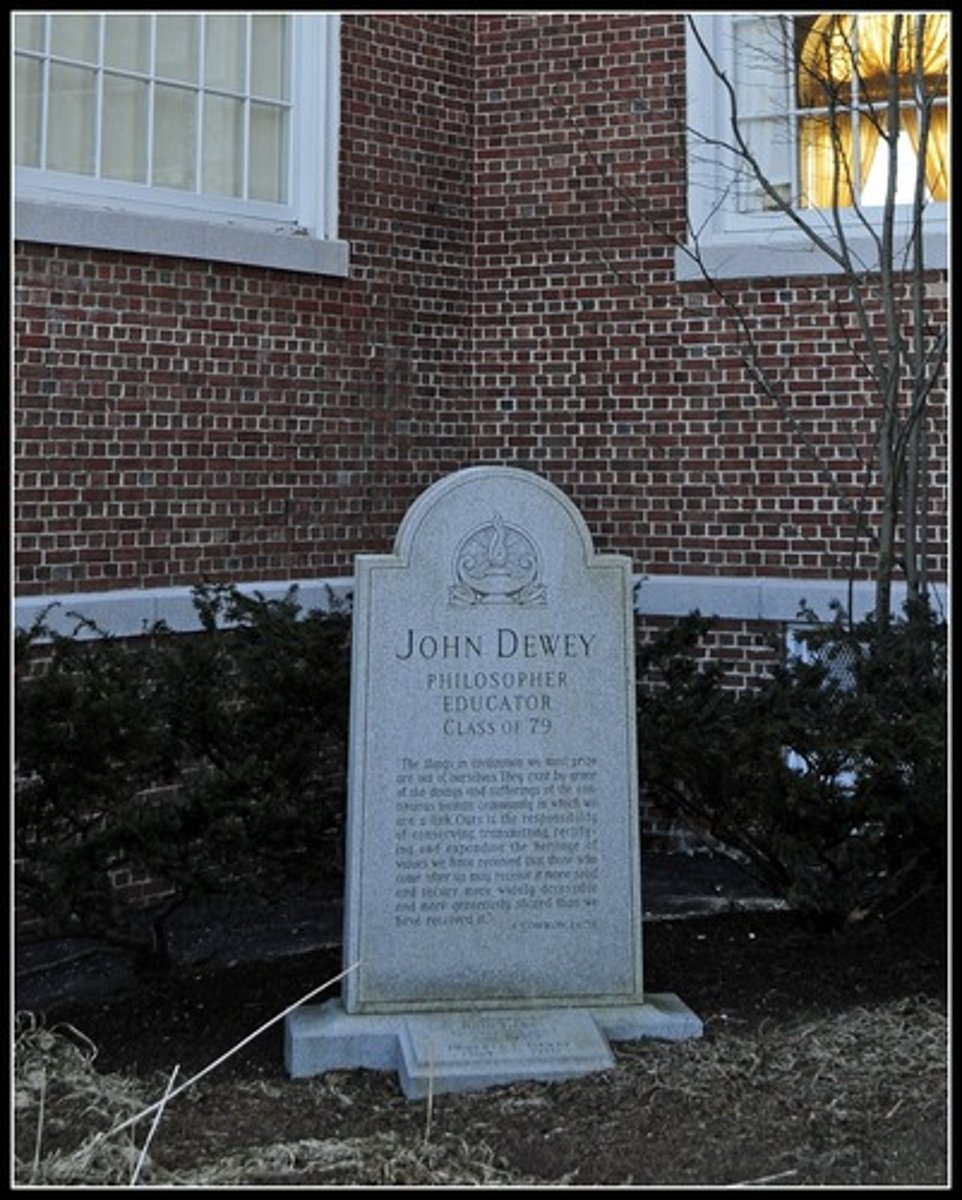
Psychiatrists
Medical doctors who have completed special training in the treatment of psychological disorders. Are the only ones that can preform psychotherapy.
Counseling Psychologists
Psychologists who specialize in the treatment of everyday adjustment problems or crisis(divorce, midlife crisis, marriage, motherhood ,etc,.)
Clinical Psychologists
Psychologists who specialize in the diagnosis and treatment of psychological disorders and everyday behavioral problems.
SQ3R
A study system designed to promote effective reading by means of five steps: survey, question, read, recite, and review.